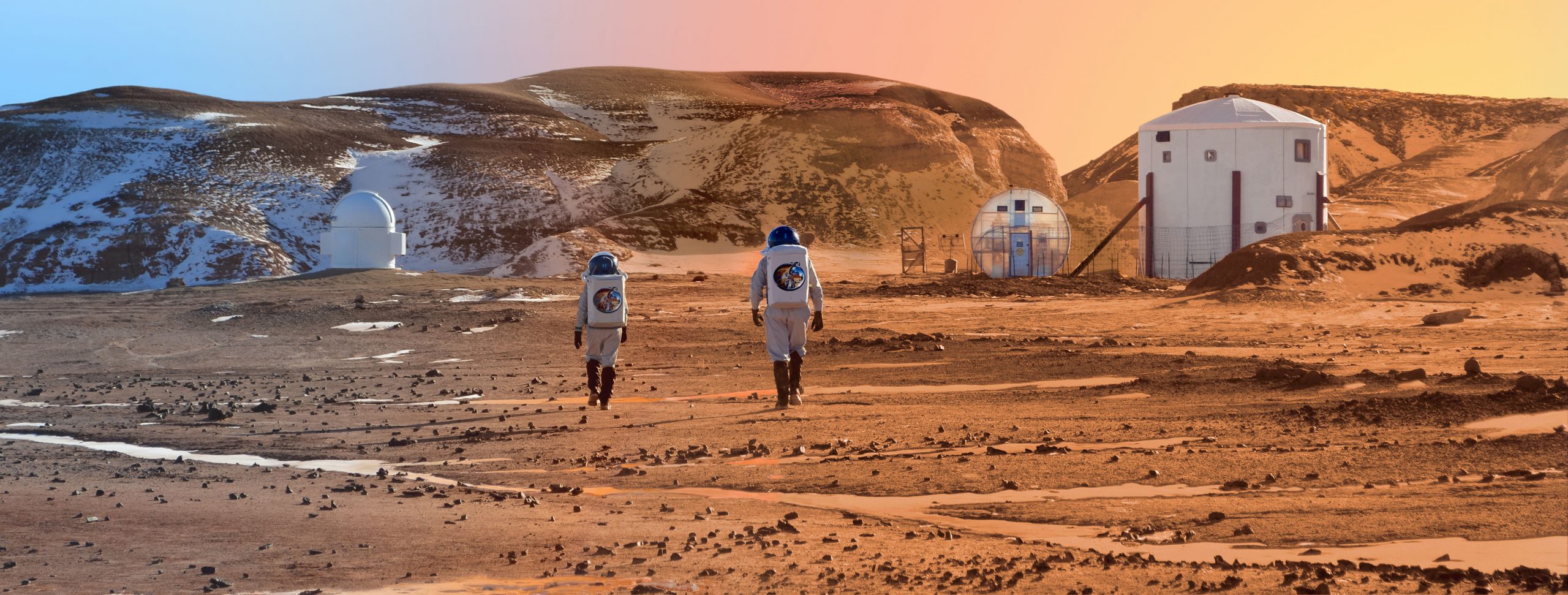I am not a Star Wars guy. I like the movies, don’t get me wrong, but for me (trigger warning advised) they are nothing more than action-packed hours of splish-splash with laser infused swords.
I am, however, truly fascinated by outer space. Part of the interest is owed to my brother, Gareth, who graduated from college with degrees in physics and astronomy. He graduated when I was still a little kid (there’s a 16 year difference between us) and his stories of how the universe worked were mind-blowing for a young boy’s mind who indulged anything it was exposed to. It gave me a nihilistic perspective on life that is still with me today.
It is not the most joyful perspective. People have told me that it’s outright sad. Despite that, and while I agree that it can be tough to wake up in the morning knowing that everything around you only means something because our (un?)complex minds make it out to be that way, I am sincere when I say that I wouldn’t want it any other way. For me, that is the ultimate freedom. If inspected in detail, a pile of dog shit and the rainbow are extremely similar in the fact that they are just combinations of atoms, one not more significant than the other.
So how does that all relate to Mars? I think we should go. In a world without purpose, our two options are to either shut down all activity on Earth, or to explore our horizons further and expand our world. Nourishing the status quo on Earth makes no sense, doesn’t take us anywhere and humans need a common goal, something that drives and challenges our minds to be greater. Paraphrasing President John F. Kennedy, we went to the moon not because it was easy, but because it was hard. It was a goal that served to organize and measure the best of our energies and skills, and a challenge we were unwilling to accept.
It’s hard to justify spendings on space exploration when 1 in 9 people on Earth are starving and I understand the argument that we shouldn’t attempt to habitat another planet when we barely take care of our own. However, we possess all the resources necessary to solve world-wide problems and we still struggle, meaning that spendings on space doesn’t have to mean less focus towards global issues.
The technology to put a civilization on Mars already exist. NASA has invented the MOXIE, a machine that chops down CO2 molecules and generates oxygen from the Martian atmosphere. The radiation issue will be tackled by building caves and houses made by bricks from the soil on Mars. Water will be extracted and detoxicated from the ice-filled poles. Elon Musk and Richard Branson are paving the way with SpaceX and Virgin Galactic, reducing the cost of regular space travel.
Mars One is almost there. In 2025, the mission hopes to land four astronauts on the Red Planet, which will be the starting point for human civilization. The vision is to create an epicenter for space research, a hub that will help us reach farther into the universe.
As a kid, my brother would recite a quote from Arthur C. Clarke, a British science-fiction writer most famous for writing the novel that 2001: A Space Odyssey was based on. He said, “two possibilities exist: either we are alone in the universe or we are not. Both are equally terrifying”.
Sooner or later, the sun is going to explode and the Earth will be nothing but a memory. When that happens, it would be beneficial if we could pack up and travel somewhere safe.
All we have to do is to figure out our crap and put our minds to it.
